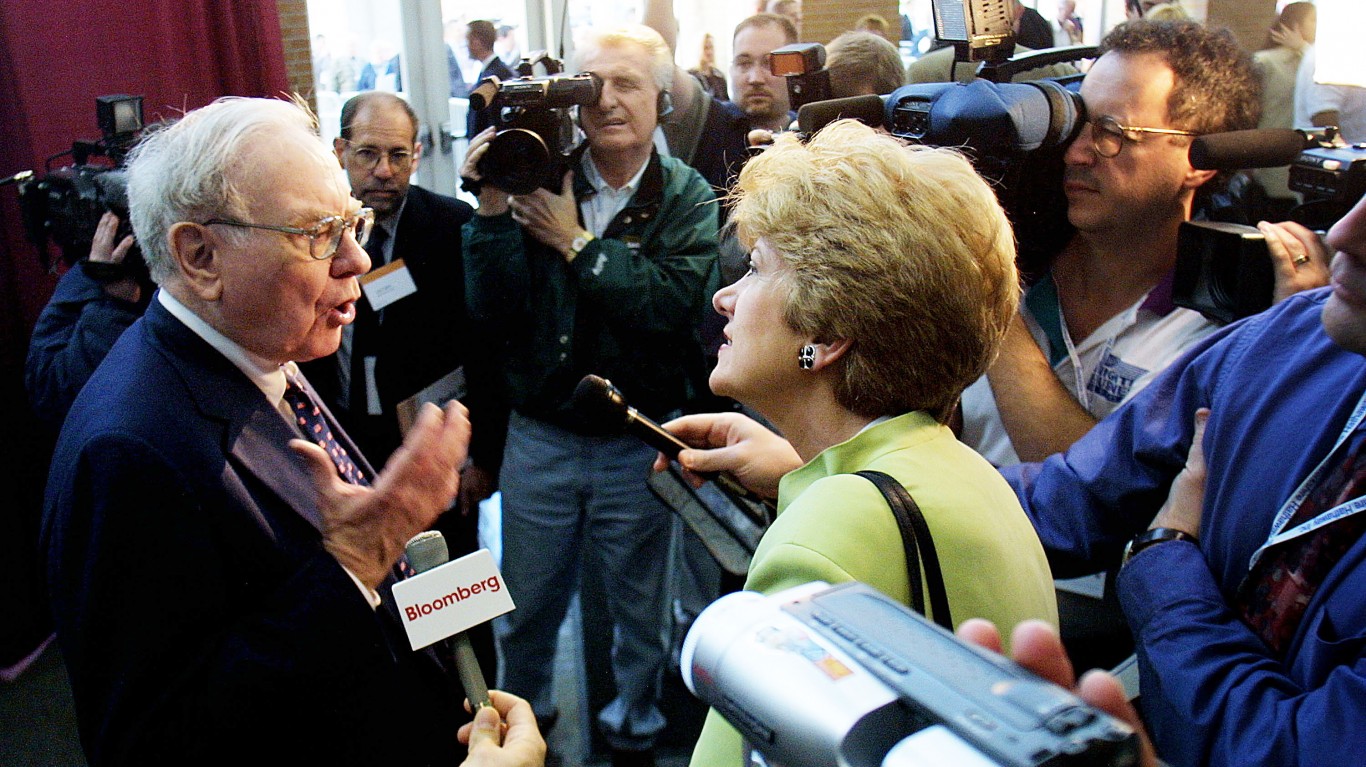 If pessimism on the part of the employed population is an important indicator, then there is another sign that the U.S. economy has faltered.
If pessimism on the part of the employed population is an important indicator, then there is another sign that the U.S. economy has faltered.
A new Gallup poll shows that “American workers’ concerns about various job-related cutbacks have returned to the record highs seen in 2009, after improving slightly in 2010. In terms of the most significant employment risk measured, 3 in 10 workers currently say they are worried they could soon be laid off, similar to the 31% seen in August 2009 but double the level recorded in August 2008 and for several years prior.”
The most troubling thing about the results is that they add to a growing line of statistics that are worse than they were when the recession was at its depths. This can certainly be said of the Conference Board’s Consumer Confidence Index. The organization recently reported that “the index, which had improved slightly in July, plummeted in August. The Index now stands at 44.5 (1985=100), down from 59.2 in July. The Present Situation Index decreased to 33.3 from 35.7. The Expectations Index decreased to 51.9 from 74.9 last month.” That puts the level of the index back to near where it was when the U.S. economy bottomed.
The S&P Case-Shiller index also shows an ongoing drop in a key part of the economy back to recession levels. Property values in 20 cities fell 4.5% from June 2010 . This puts the price of an average home where it was in 2003. The run-up in real estate prices over the past half a decade has now completely disappeared.
Facts are one thing, and attitudes another. There was some real hope early this year that the worst of the economic downturn had ended in 2010. The U.S. would struggle but recover over the next two or three years. That belief is now gone among most Americans. And hope is a strange thing. Optimism can motivate people to spend more of what they have because they think they will have more. But, very quickly, people think they soon will have less.
Methodology: Results for this USA Today/Gallup poll are based on telephone interviews conducted Aug. 11-14, 2011, with a random sample of 1,008 adults, aged 18 and older, living in all 50 U.S. states and the District of Columbia.
Douglas A. McIntyre
Are You Still Paying With a Debit Card?
The average American spends $17,274 on debit cards a year, and it’s a HUGE mistake. First, debit cards don’t have the same fraud protections as credit cards. Once your money is gone, it’s gone. But more importantly you can actually get something back from this spending every time you swipe.
Issuers are handing out wild bonuses right now. With some you can earn up to 5% back on every purchase. That’s like getting a 5% discount on everything you buy!
Our top pick is kind of hard to imagine. Not only does it pay up to 5% back, it also includes a $200 cash back reward in the first six months, a 0% intro APR, and…. $0 annual fee. It’s quite literally free money for any one that uses a card regularly. Click here to learn more!
Flywheel Publishing has partnered with CardRatings to provide coverage of credit card products. Flywheel Publishing and CardRatings may receive a commission from card issuers.
Thank you for reading! Have some feedback for us?
Contact the 24/7 Wall St. editorial team.





